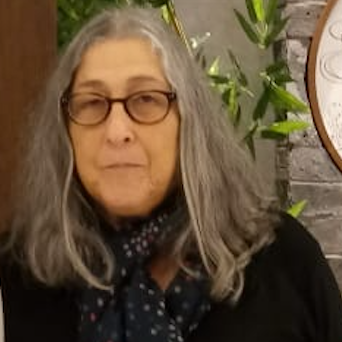“This presentation investigates possible reasons to explain the meager results of ethnopharmacology-driven leads in the development of psychoactive drugs.”
Biography
Elaine Elisabetsky, Ph.D. is a Professor of Pharmacology at the Federal University of Rio Grande do Sul (Porto Alegre, Brazil), a member of the WHO Traditional, Complementary and Integrative Medicine advisory panel, and consultant to government bodies and private companies. She lived in the Brazilian Amazon from 1981-1991 conducting ethnopharmacology studies among caboclo (peasants), Amerindian (Guajajara and Kayapó), and rubber tapper (extractive reserves) communities. She gave notice to the relevance of culturally relativistic perspective in the understanding of locally held concepts of health and disease and used it as the basis to select medicinal plants and hypothesis-driven laboratory examination of selected medicinal plants. Focusing on the identification and characterization of psychopharmacological properties of medicinal plant extracts and isolated compounds, she has published over 150 scientific papers and book chapters, supervised numerous Master and PhDs students, and deposited 3 patents. Her research focus also includes conservation, fair benefit sharing and indigenous rights. A founding member for the International Society of Ethnobiology (1988) and the International Society of Ethnopharmacology (1990), served as president for the latter as well as for the Brazilian Society of Ethnobiology and Ethnoecology.
Ethnopharmacology and the development of psychoactive drugs: are the fruits too high or have we been clumsy?
“The advantages of natural products over synthetic ones in the interaction with biological targets of therapeutic interest has been documented.”
Transcript Abstract
In spite the prominent role of natural products in the history of psychopharmacology, and the unquestionable need for more effective drugs for treating mental disorders, new plant-derived psychoactive drugs are lacking. The advantages of natural products over synthetic ones in the interaction with biological targets of therapeutic interest has been documented. A higher hit rate of ethnopharmacology-driven plant collections over those guided by biodiversity and/or chemotaxonomy is acknowledged in screening programs. Scientific journals focusing on the biological evaluation of plant species used in traditional medical systems often conclude that the data is coherent with the reported use. This presentation investigates possible reasons to explain the meager results of ethnopharmacology-driven leads in the development of psychoactive drugs. Ethnopharmacology studies on Psychotria colorata, Ptycophetalum olacoides, the monoterpene linalool, and the indole alkaloid alstonine are used to illustrate methodological issues relevant to question in place. The collection of relevant clinical data in the field, phytochemical and pharmacological specificities to study ethnomedicines, the scarcity of accumulated knowledge on promising species, and the issues of reproducibility and translational values of experimental models are discussed. The identification and potential solutions for bottlenecks, as well as the development of adequate conservation and benefit sharing policies, will be instrumental to foster the discovery of innovative psychoactive drugs from traditional knowledge.

